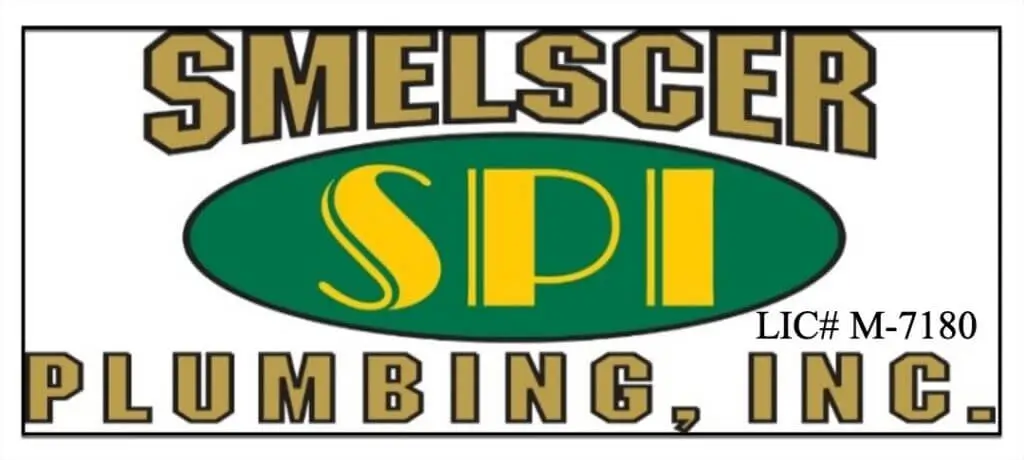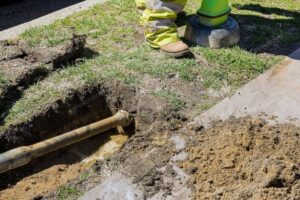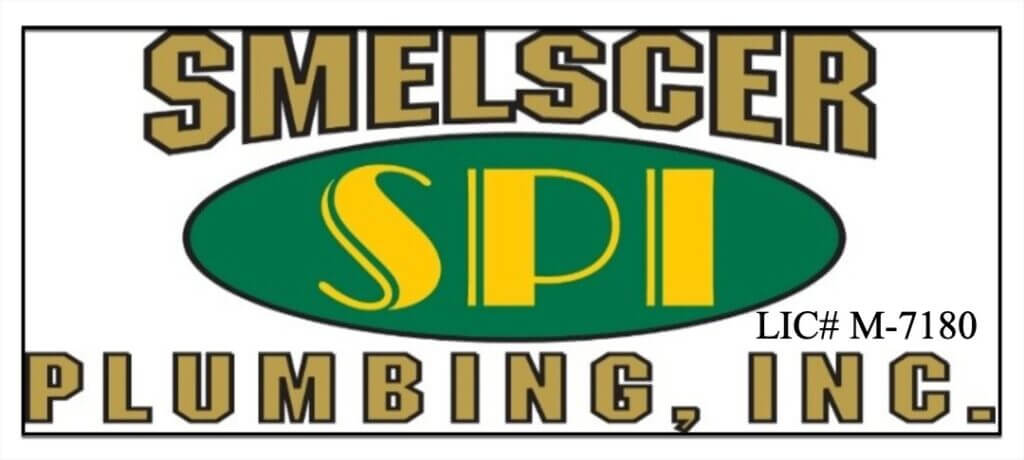Plumbers also play a crucial role in safeguarding water quality by installing and maintaining filtration systems and purification options in homes and businesses.
While municipal water treatment plants play a significant role in providing clean water to households, the responsibility for maintaining water quality doesn’t end there. In this comprehensive guide, we’ll explore the involvement of plumbers in ensuring water quality, discussing the importance of water filtration systems and purification options to provide clean and safe drinking water.
Table of Contents
- Importance of Water Quality
- The Role of Plumbers in Water Quality
- Water Filtration Systems: Enhancing Water Quality
- Purification Options: Ensuring Safe Drinking Water
- Conclusion
Importance of Water Quality
Ensuring water quality is a complex challenge, as water sources can become contaminated with various pollutants and pathogens. This is where the expertise of plumbers in Waco becomes indispensable.
Plumbers play a crucial role in safeguarding water quality by assisting homeowners and businesses in implementing effective water treatment solutions tailored to their specific needs. With their expertise in plumbing systems and water treatment technologies, plumbers can assess the quality of water sources, identify potential contaminants, and recommend appropriate filtration and purification options.
Furthermore, plumbers provide ongoing maintenance and servicing to ensure the continued effectiveness and reliability of water treatment systems. Through routine inspections, cleaning, and calibration, plumbers help optimize the performance of filtration and purification equipment, extending its lifespan and minimizing the risk of equipment failure.
Overall, plumbers in Waco play a vital role in safeguarding water quality and protecting the health and well-being of residents. By providing expertise in water treatment solutions and ensuring the proper installation and maintenance of filtration and purification systems, plumbers contribute to ensuring that clean and safe drinking water is accessible to all.

The Role of Plumbers in Water Quality
Plumbers are trained professionals with expertise in pipe repair as well as installation and maintenance of plumbing systems. Beyond fixing leaks and unclogging drains, plumbers also play a vital role in ensuring water quality by installing, servicing, and repairing water filtration systems and purification options. From residential homes to commercial properties, plumbers help clients assess their water quality needs and recommend appropriate solutions to address specific concerns.
Water Filtration Systems: Enhancing Water Quality
Water filtration systems are designed to remove impurities and contaminants from water, improving its taste, odor, and clarity. Plumbers work with homeowners and businesses to select and install the right filtration system based on their water quality needs and budget considerations. You can choose from the following water filtration systems:
- Activated Carbon Filters: These filters use activated carbon to adsorb impurities and contaminants, including chlorine, sediment, and volatile organic compounds (VOCs). They are effective at improving taste and odor while removing common pollutants from water.
- Reverse Osmosis Systems: Reverse osmosis systems employ a semipermeable membrane to remove dissolved solids, chemicals, and contaminants from water. They are highly effective at producing clean and purified water, making them ideal for households with high water quality standards.
- UV Water Purification Systems: UV water purification systems utilize ultraviolet light to disinfect water by destroying bacteria, viruses, and other microorganisms. They are particularly effective at providing safe and clean drinking water without the use of chemicals or additives.
- Whole-House Water Filtration Systems: These comprehensive filtration systems are installed at the point of entry to the home’s water supply, providing filtered water to every tap and fixture. They offer complete water treatment for the entire household, ensuring consistent water quality throughout the property.
Plumbers handle the installation process with precision and professionalism, ensuring the system is properly integrated into the existing plumbing infrastructure for optimal performance.
Purification Options: Ensuring Safe Drinking Water
Purification methods such as distillation and chemical disinfection can effectively remove contaminants and microorganisms from water, providing an additional layer of protection for households and businesses.
- Distillation: Distillation is a highly effective method of water purification that involves the physical separation of contaminants from water through the process of heating, vaporization, and condensation.
In the distillation process, water is heated to its boiling point, causing it to evaporate and form steam. This steam is then collected and condensed back into liquid form, resulting in purified water free from impurities and contaminants. The contaminants, which have higher boiling points than water, are left behind in the boiling chamber, effectively separating them from the purified water.
During the installation process, plumbers ensure that the distillation system is properly integrated into the existing plumbing infrastructure of the property. This involves connecting the system to the water supply, as well as installing any necessary piping, valves, and fittings to facilitate the flow of water through the distillation unit.
Furthermore, plumbers provide valuable guidance on the operation and maintenance of distillation systems to ensure optimal performance and longevity. They educate homeowners and business owners on best practices for operating the system, such as regular cleaning and maintenance, as well as monitoring water quality parameters.
- Chemical Disinfection:Chemical disinfection, such as chlorination and ozonation, are highly effective in ensuring water safety by eliminating harmful bacteria, viruses, and pathogens present in water sources.
Chlorination is one of the most commonly used chemical disinfection methods, where chlorine-based compounds are added to water to destroy microorganisms and prevent the spread of waterborne diseases. Chlorine effectively oxidizes organic matter and disrupts the cellular structures of bacteria and viruses, rendering them inactive and unable to cause infections. Plumbers are knowledgeable about the proper dosing and application of chlorine-based disinfectants, ensuring that water is treated effectively without compromising its quality or safety.
Similarly, ozonation is another chemical disinfection method that utilizes ozone, a powerful oxidizing agent, to disinfect water. Ozone is generated onsite and injected into water, where it rapidly oxidizes and destroys bacteria, viruses, and other contaminants. Unlike chlorine, ozone leaves no residual taste or odor in water, making it a preferred option for applications where taste and odor control are important.
Conclusion
Plumbers play a critical role in ensuring water quality by installing and maintaining filtration systems and purification options in homes and businesses. By partnering with plumbers, homeowners and businesses can enjoy clean and safe drinking water, protecting their health and well-being for years to come.
Contact us to connect with our skilled plumbers. Let us help you ensure clean and safe drinking water for your home or business.




